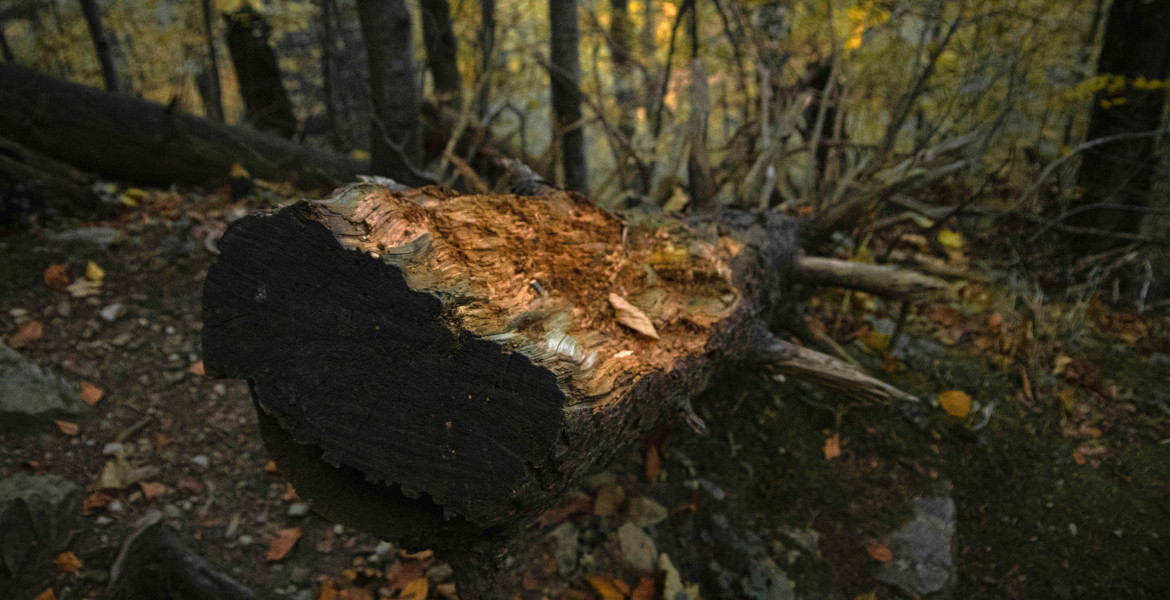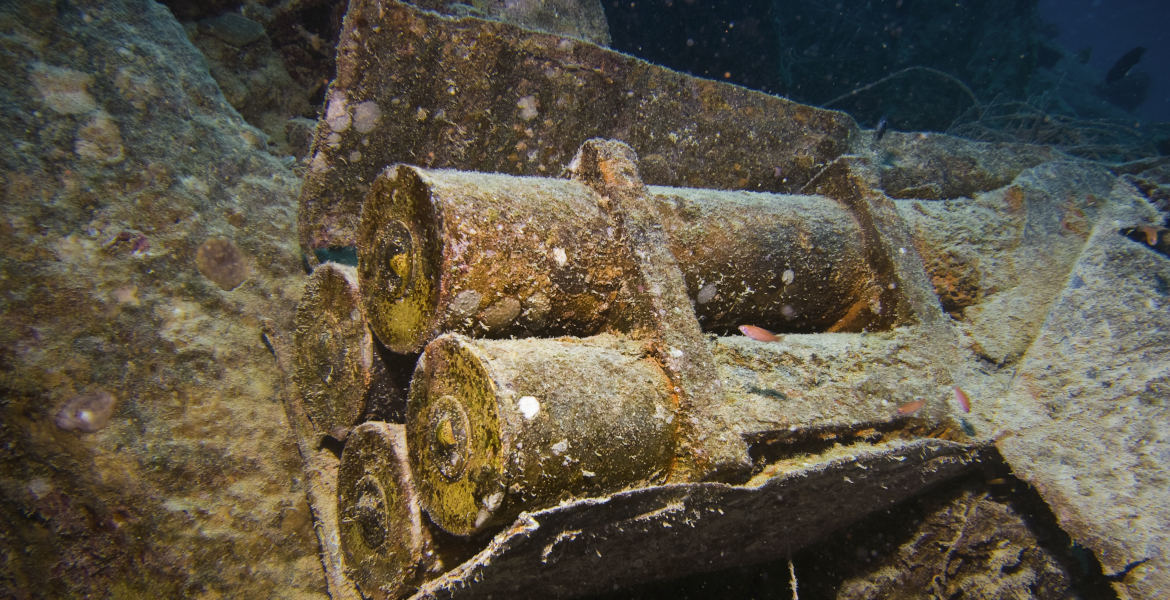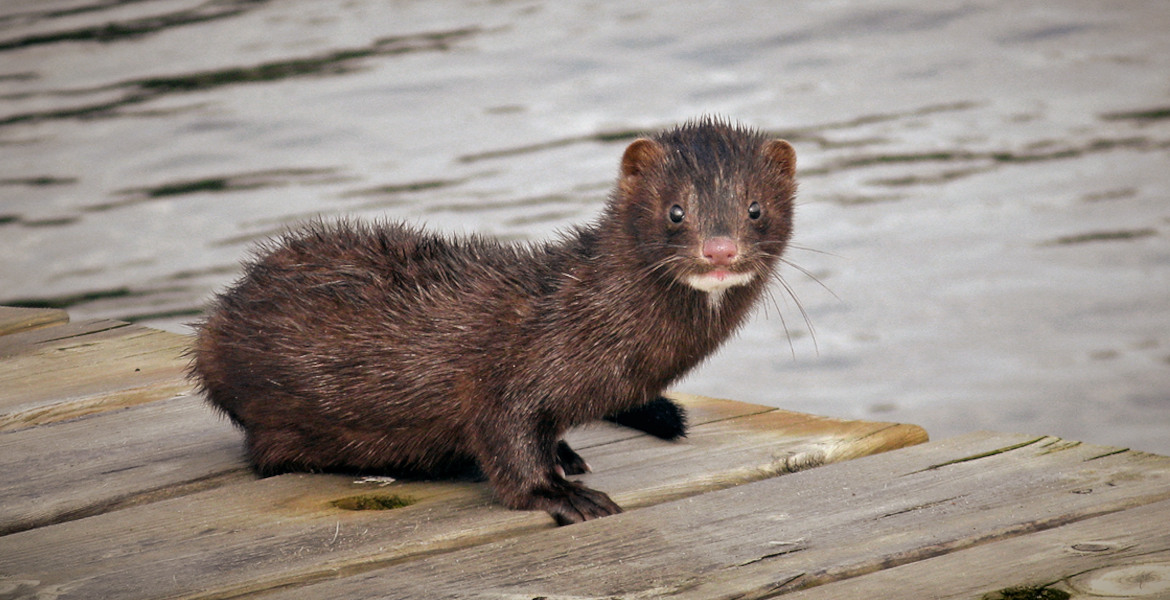The Swedish Society for Nature Conservation states that an investigation has found banned pesticides in Swedish-grown red coneflower, and also in basil. The matter has now been reported to the Swedish Chemicals Agency.
Imidacloprid has been banned from use in ornamental plant cultivation since 2018 because it is toxic to bees. Despite this, the substance was found in Swedish-grown red coneflower, a plant otherwise marketed as ‘bee-friendly’ as it is often appreciated by bees and other pollinators.
– It is remarkable that a substance that has long been banned due to its well-documented danger to bees still seems to be used. We are deeply concerned that there are unrecorded numbers in the use of chemicals and that illegal use of banned substances seems to continue, said Karin Lexén, Secretary General of the Swedish Society for Nature Conservation, in a press release.
An insect neurotoxin
Imidacloprid is part of a group of pesticides called neonicotinoids, which act as a neurotoxin against insects. These have been highlighted as a cause of the decline of bees and other pollinators.
Plants such as organic basil and conventionally grown basil were also examined, i.e. a plant that is edible and also bee-friendly. In the organically grown plant, a pesticide was found that is authorized in conventional farming, but not in organic. However, the limit value for food was not exceeded, according to the Swedish Society for Nature Conservation.
Five pesticides were found in the conventionally grown basil, two of which are banned in the EU.
Reported to the Swedish Chemicals Agency
The investigation is actually part of a larger study by the association, which has not yet been completed, but these findings were considered so serious that they chose to announce them prematurely. The Swedish Society for Nature Conservation has now reported the matter to the Swedish Chemicals Agency.
The plants were purchased from a Swedish commercial garden, but it is ultimately the grower who is responsible for the pesticides used in the cultivation of the plants.








